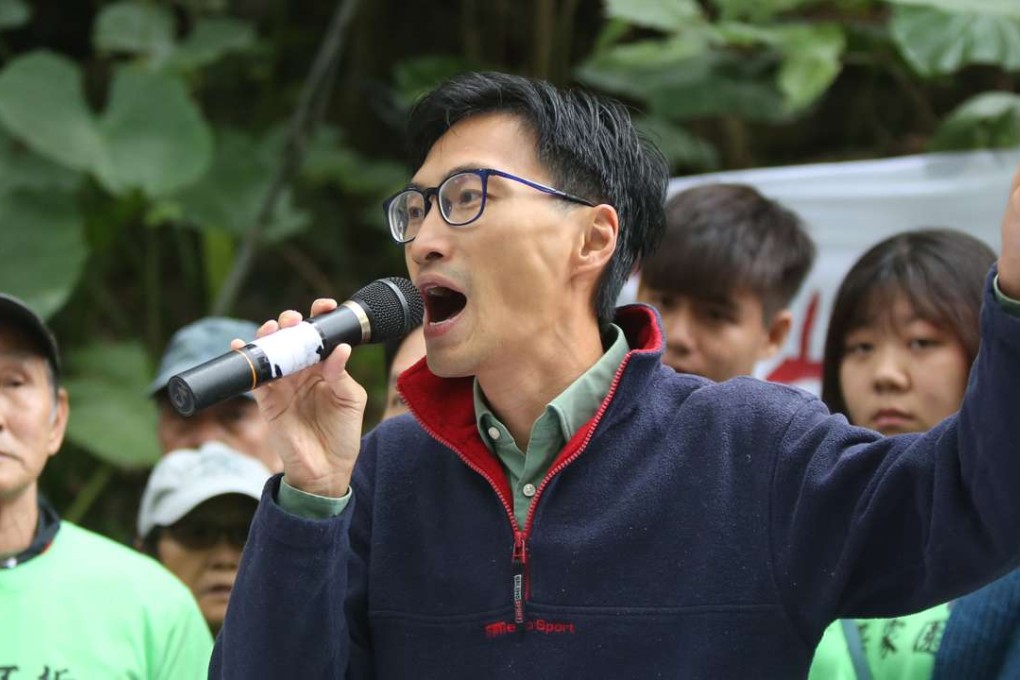Hong Kong lacks a clear code of practice on public consultations
Lam Chi-yan says the Wang Chau controversy highlights the need for the government to redefine its guidelines on public engagement and the role of advisory bodies, in order to win greater trust

Watch: The government clarifies its role in the Wang Chau project
First, informal consultations are widely used by governments as a way of communicating with stakeholders. Secondly, many societies worldwide have a code of practice or guidelines that civil servants have to follow.
The government issued some guidelines in 2003, but details are lacking and officials have a lot of discretion
In Hong Kong, the government issued some guidelines in 2003, but details are lacking and officials have a lot of discretion to interpret general principles like “timely consultation”. In fact, the guidelines are not promoted much to government departments, officials normally do not follow them, and the public or stakeholders have no idea of the document’s existence.
Public consultation over development of Lantau is a sham
The government must redefine its guidelines by learning from best practises elsewhere, and from its own past successes. Standard procedures could be set out, such as requiring officials to include relevant information on public consultation in their memorandum for the Executive Council or policy documents, and specifying the means of advocacy.
Hong Kong conservation group accuses officials of ‘false’ public consultation over land lease application
Further, the government should improve the way it collects expert opinion from advisory bodies. At present, such bodies lack transparency: the public has no idea why particular individuals are appointed. Advisory bodies may provide a link between the government and the public, as long as the public sees appointees as trustworthy and representative. The system of advisory bodies should be improved so that they may work as a complement to public consultation.